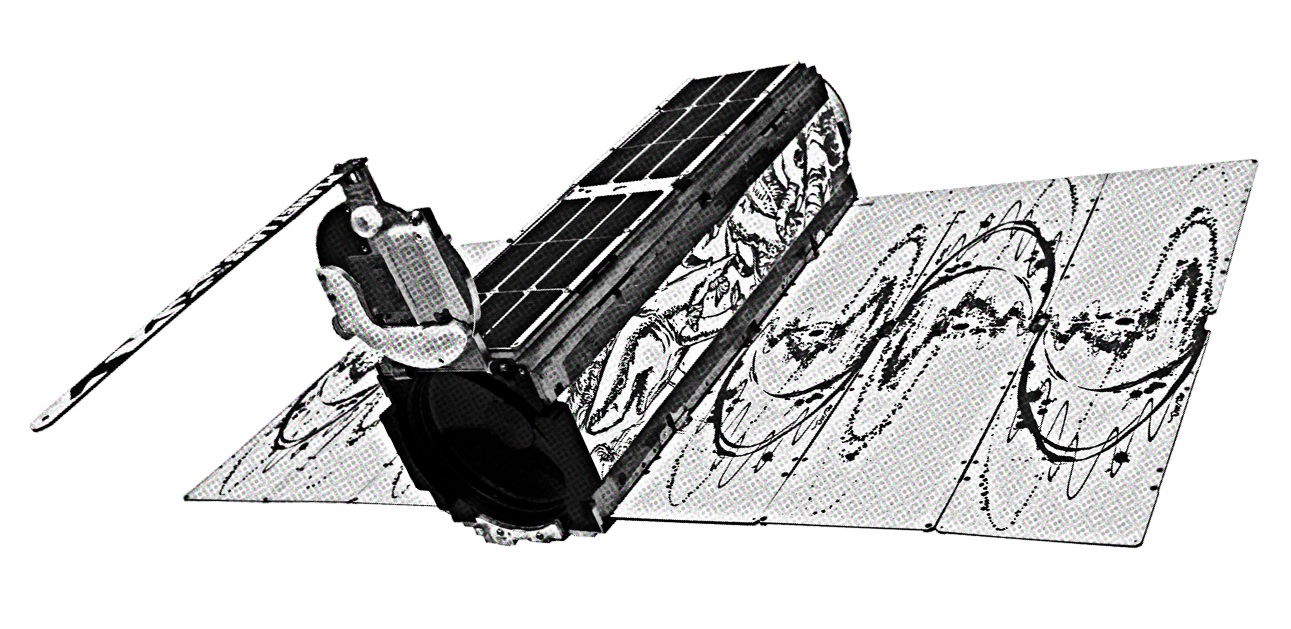Investment: Planet Labs
The investment case for Planet Labs.
Even though FutureBlind started as an investment blog, I almost never write about investments anymore. I’m still an investor of course but writing about it just isn’t as interesting to me anymore. ¯\(ツ)/¯
This is an exception. I first purchased shares of Planet ($PL) in the private markets almost 4 years ago. They went public via SPAC this past December, and shares promptly got cut in half along with many other former SPACs and high growth companies. I added more to my position between $5 and $6 as it fell (currently around a 5% allocation, a mid-size position for the fund I manage).
Planet Labs is an Earth observation (EO) company. It creates tiny imaging satellites, pays to launch them into space, collects and analyzes imagery from them, and sells that data to customers. Their largest satellite constellation (called "Doves") are built from mostly off-the-shelf components, making them much cheaper than traditional satellites. Planet is currently the only company that images the entire globe every day.
Here are the main points:
Competitive advantage comes from both the capital barriers to entry and their data flywheel. The more past imagery they have, the easier it is to build detection models for future imagery. And because it currently takes a lot of money and time to launch that many satellites, Planet is ahead of any competition by many years. (It won’t be until Starship is launching regularly that this gap can be easily narrowed.)
Market currently isn’t large but it has the potential to be huge. The biggest applications are in agriculture, defense/intelligence, climate, energy, finance, and mapping (Google is an investor and partner for map data).
Opportunity to move up the stack. Most of their prior business was in selling access to raw imagery data. This can be really useful for some (think tech cos and intelligence agencies) but a hard sell for most. Planet is now selling services like the ability to analyze and detect specific things, which has a much bigger and more profitable market. Like “give me a chart of how many cars are in these parking lots in the last year” or “what is the crop yield on these fields” or “how many Russian tanks got destroyed in this convoy”.
I see Planet as a “utility for data”, similar to Bloomberg, FactSet or Compustat. They have an installed hardware base that needs some maintenance — new satellites to replenish + ground communication costs — but most of the future opportunity lies in software.
The bear case it seems is primarily that the market won’t be able to profitably expand much. I don’t have any counter evidence but it just feels like this data is too valuable for that to happen — customers just don’t know how to use it yet. The biggest risk I see for Planet is competitors giving access to different light spectrums. This can allow customers to do things like see through clouds. But if Planet can get to this space soon it should help mitigate the risk. They just deployed 48 “SuperDoves” that have access to more spectral bands.
So there are risks. But this to me is a clear case of a lollapalooza of positive factors. Good managers, good product, huge market size potential, recently public and more incentivized for growth/profits, and optionality of moving up stack. As always, do your own research — but I think Planet is a good buy here.




